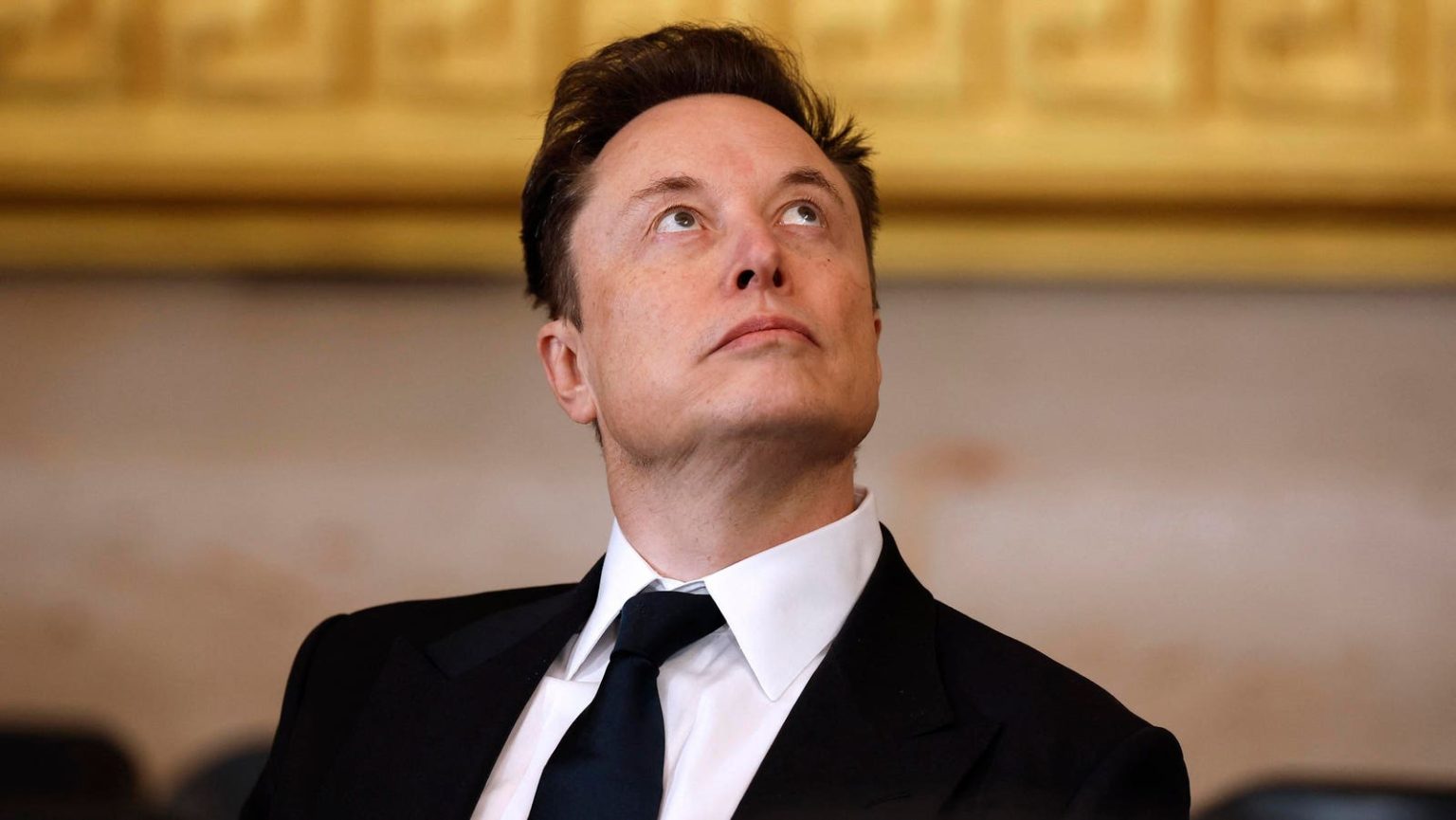Tesla’s 2024 Concludes with Second Year of Profit Decline, But Future Production Plans Spark Optimism
Tesla, the electric vehicle pioneer led by the ever-controversial Elon Musk, closed out 2024 with a second consecutive year of declining profits, as revealed in its fourth-quarter earnings report. Despite this downturn, the company outlined ambitious plans for 2025, including the launch of its "Cybercab" driverless taxi and the production of more affordable electric vehicles, igniting a volatile market reaction. The company navigates a complex landscape shaped by Musk’s close ties to the Trump administration and the pursuit of the potentially lucrative autonomous driving market.
The fourth quarter saw Tesla generate $25.7 billion in sales and $0.73 adjusted earnings per share, figures that fell short of analyst expectations of $27.3 billion and $0.77, respectively. This performance capped a year in which Tesla’s net income reached $8.4 billion, a significant drop of 23% compared to 2023 and a steeper 40% decline from the record $14.1 billion profit in 2022. While profits slumped, full-year revenue experienced a modest 1% increase to $97.7 billion, compared to 2023’s record. The company, however, projects a return to growth for its core vehicle business in 2025.
Tesla’s announcement of its plans for the Cybercab driverless taxi and the production of more budget-friendly vehicles in 2025 injected a dose of optimism into the market. The initial negative market reaction, a 5% drop in after-hours trading following a 2% decline during regular hours, quickly reversed into a 3% gain. This volatile swing reflects the market’s struggle to reconcile the disappointing Q4 results with the excitement surrounding Tesla’s future production plans.
The context for Tesla’s 2024 performance is complex and multi-layered. Musk has attributed the shrinking profits to a period of transition “between two major growth waves,” a view echoed by Wall Street analysts who anticipate a substantial increase in Tesla’s free cash flow in 2025 and 2026. Adding to this dynamic is the backdrop of Musk’s prominent role in the Trump administration, raising concerns among some shareholders about potential conflicts of interest.
Despite the challenges of declining profits and vehicle deliveries, Tesla’s stock has experienced remarkable growth throughout 2024 and early 2025, more than doubling in value over the past 12 months. This surge is attributed to several factors, including the market’s enthusiasm for Tesla’s advancements in artificial intelligence, particularly its driverless taxi and humanoid robot projects. Further fueling the stock’s rise is the positive investor reaction to Trump’s election victory, with shares soaring over 50% since Election Day. Analysts believe Tesla stands to benefit from deregulation under the Trump administration, given Musk’s close relationship with the former president.
Musk’s relationship with Trump, including his significant financial contributions to Trump’s campaign and presence at his inauguration, has attracted both attention and controversy. His actions at the inauguration, interpreted by some as a Nazi salute, have drawn criticism and added another layer of complexity to his public image. The intertwining of Musk’s business ventures, political involvement, and often provocative actions continues to be a defining characteristic of Tesla’s narrative.
Looking ahead, the Q4 earnings call holds the potential to address some of the shareholder concerns surrounding Musk’s multifaceted role. Questions submitted to the shareholder forum reflect anxieties about potential conflicts of interest, the impact of Musk’s White House involvement on his time at Tesla, and the potential repercussions of his outspoken political views on the company’s sales. How Musk addresses these concerns could significantly influence investor sentiment and the company’s trajectory. The market will be watching closely for his responses and their implications for Tesla’s future.
In the larger context of Musk’s vast wealth and influence, Tesla remains a cornerstone of his fortune. With a net worth exceeding $410 billion, Musk is the world’s richest individual, with his 13% stake in Tesla contributing significantly. His other ventures, including xAI and SpaceX, further bolster his wealth, solidifying his position as a dominant force in technology and innovation. The performance of Tesla, therefore, continues to be a key factor not only for the electric vehicle market but also for the broader landscape of technological advancement and the evolving relationship between business and politics.















